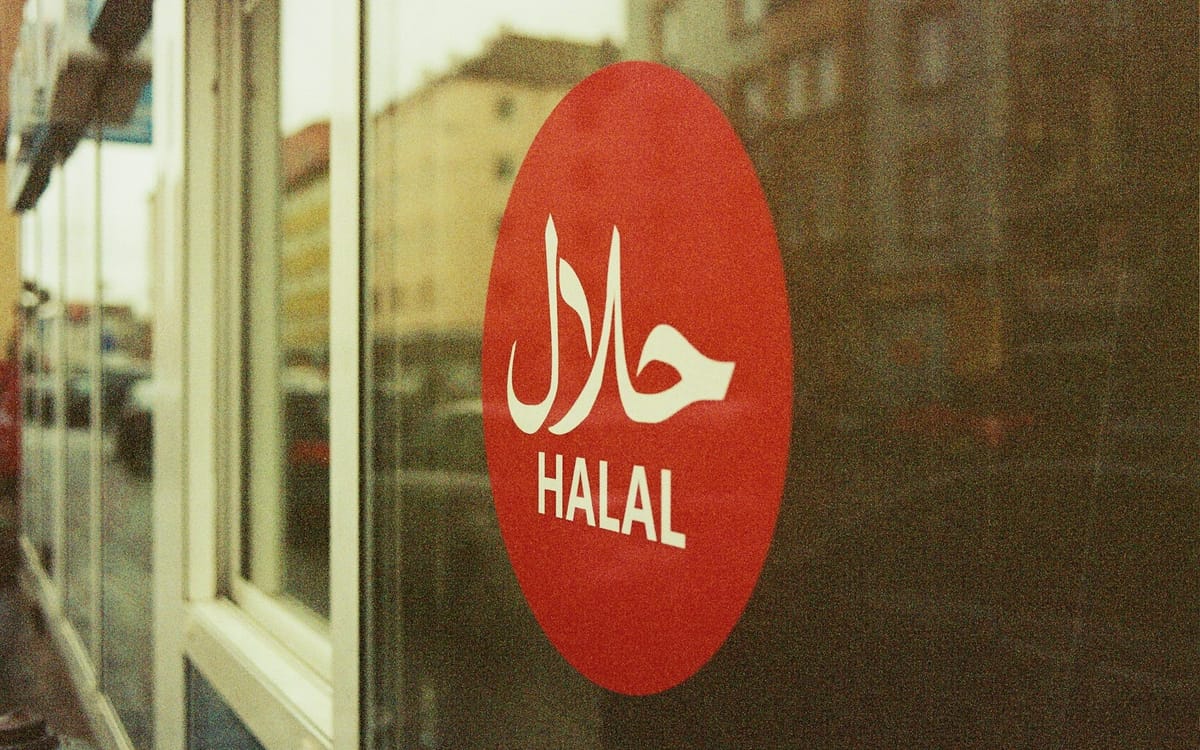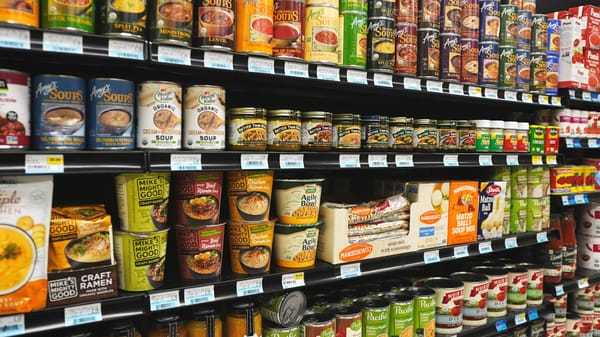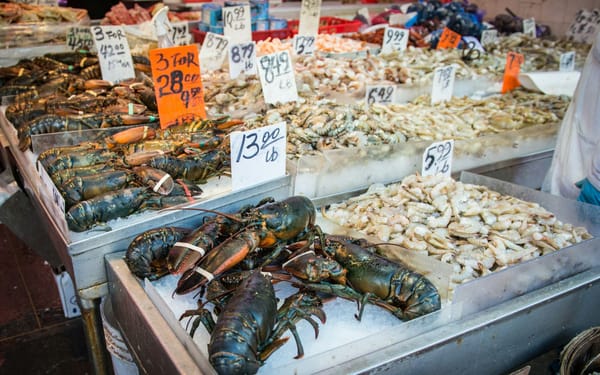Halal vs Kosher Meat: Key Differences Every Muslim Should Know

As Muslims living in the West, we often find ourselves navigating grocery aisles wondering about food labels. You've probably seen both "Halal" and "Kosher" certifications and wondered: are they the same thing? Can I eat kosher meat as a Muslim?
The answer isn't as simple as you might think, and understanding these differences could change how you shop for your family.
What Does Halal Actually Mean?
Halal literally means "permissible" in Arabic. When it comes to meat, halal guidelines come straight from the Qur'an and Sunnah. The rules are pretty clear: no pork, no blood, and the animal must be slaughtered by a Muslim who says "Bismillah, Allahu Akbar" before each cut.
Think of it as our way of keeping food spiritually pure while being grateful to Allah for His provisions.
Understanding Kosher: More Than Just Jewish Food
Kosher means "fit" or "proper" in Hebrew. These laws come from the Torah and are super detailed - way more restrictive than halal in many ways.
For an animal to be kosher, it must have split hooves AND chew its cud (basically, animals that bring up food from their stomach to chew again - like cows and sheep). So while we can enjoy camel meat (it's halal), it's never kosher because camels don't have split hooves.
The Big Slaughter Differences
Here's where things get interesting. Both traditions require:
- A sharp knife for quick, humane slaughter
- Complete blood drainage
- The animal must be healthy
But here's the key difference:
Halal requires saying Allah's name over each animal. Kosher requires a blessing at the start of the slaughter session, but not for each individual animal.
This matters more than you think.
Can Muslims Eat Kosher Meat?
This is probably why you're here, right? The Qur'an says the food of "People of the Book" (Christians and Jews) is lawful for us (Qur'an 5:5).
Many scholars say kosher meat is generally acceptable because:
- It's slaughtered by People of the Book
- The animal is drained of blood
- No pork contamination
But some scholars disagree because:
- Allah's name isn't said over each animal
- The slaughterer might not be invoking God's name specifically
It really depends on your level of practice and which scholars you follow.
Seafood: Why Muslims Have More Freedom Here
If you love shrimp, lobster, or crab, you're in luck as a Muslim! Many Islamic scholars consider all seafood halal, while kosher laws are much more restrictive.
Kosher only allows:
- Fish with fins AND scales
- No shellfish whatsoever
- No catfish, eels, or sharks
So that shrimp pasta you're craving? Halal for you, but never kosher.
The Stunning Debate
Here's something that might surprise you: most halal meat in places like the UK is actually pre-stunned before slaughter, while all kosher meat is non-stunned.
Many halal authorities allow reversible stunning (where the animal is just dazed, not killed), especially for poultry. But kosher law strictly forbids any stunning before the cut.
Shopping Smart: What Those Labels Really Mean
When you're at the grocery store, here's what to look for:
For Halal:
- Look for certification from recognized halal bodies like IFANCA, ISNA, or HMC
- Don't trust just the word "Halal" - look for actual certification logos
- When in doubt, ask your local mosque for trusted suppliers
For Kosher:
- Symbols like OU, OK, Star-K are your guide
- "Kosher-style" doesn't mean actually kosher (or halal)
- These products are heavily regulated and supervised
The Bottom Line for Muslim Families
While kosher and halal share many similarities, they're not interchangeable. As the American Halal Foundation puts it: "Muslims cannot consume kosher food that doesn't meet halal standards."
What Islamic scholars generally recommend:
- When halal options are available, choose those first
- In situations where halal isn't available, many scholars - including Egypt's Dar al-Ifta - have ruled that kosher meat is generally permissible for Muslims based on Qur'an 5:5
- Always consult with your local imam for guidance specific to your circumstances
- Remember that all halal meal preparation should align with your family's level of observance
What This Means for Your Family's Food Choices
At the end of the day, both halal and kosher represent mindful eating - being intentional about what goes into our bodies and remembering our Creator in the process.
Whether you choose strictly halal-certified products or occasionally rely on kosher alternatives when needed, the most important thing is making informed decisions that align with your family's values and level of practice.
Inshallah, this knowledge will help you navigate those grocery store aisles with more confidence and clarity.





